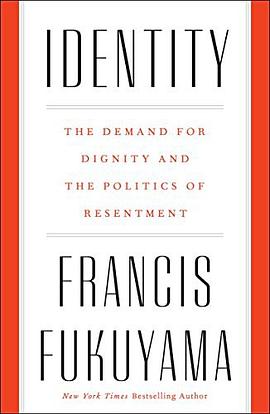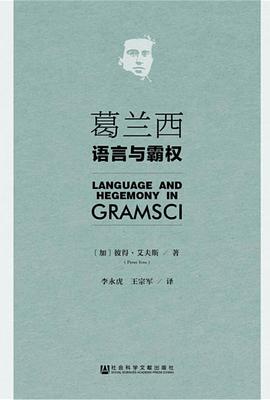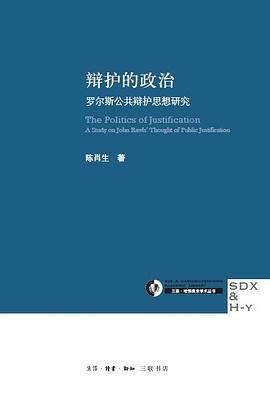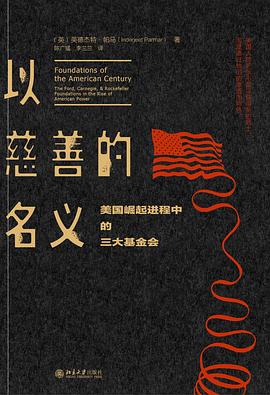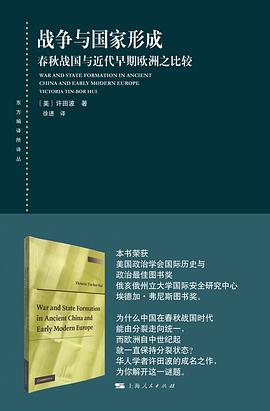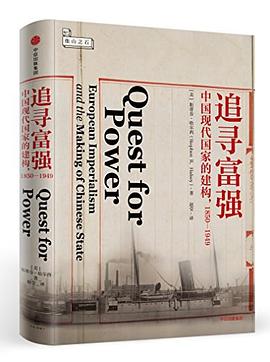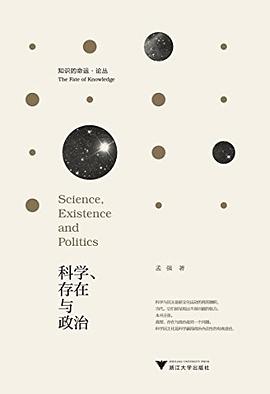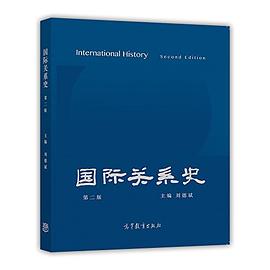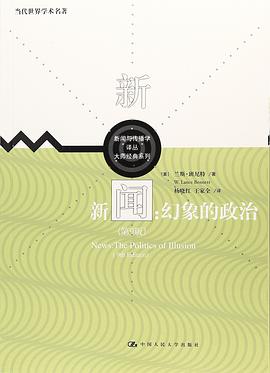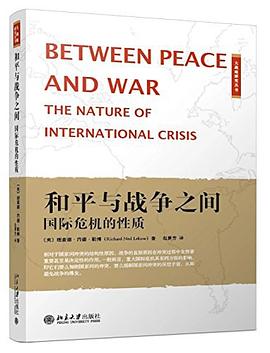
具體描述
Francis Fukuyama is the Olivier Nomellini Senior Fellow at Stanford University’s Freeman Spogli Institute for International Studies. He has previously taught at the Paul H. Nitze School of Advanced International Studies at Johns Hopkins University and at the George Mason University School of Public Policy. Fukuyama was a researcher at the RAND Corporation and served as the deputy director for the State Department’s policy planning staff. He is the author of Political Order and Political Decay, The Origins of Political Order, The End of History and the Last Man, Trust, and America at the Crossroads: Democracy, Power, and the Neoconservative Legacy. He lives with his wife in California.
The New York Times bestselling author of The Origins of Political Order offers a provocative examination of modern identity politics: its origins, its effects, and what it means for domestic and international affairs of state
In 2014, Francis Fukuyama wrote that American institutions were in decay, as the state was progressively captured by powerful interest groups. Two years later, his predictions were borne out by the rise to power of a series of political outsiders whose economic nationalism and authoritarian tendencies threatened to destabilize the entire international order. These populist nationalists seek direct charismatic connection to “the people,” who are usually defined in narrow identity terms that offer an irresistible call to an in-group and exclude large parts of the population as a whole.
Demand for recognition of one’s identity is a master concept that unifies much of what is going on in world politics today. The universal recognition on which liberal democracy is based has been increasingly challenged by narrower forms of recognition based on nation, religion, sect, race, ethnicity, or gender, which have resulted in anti-immigrant populism, the upsurge of politicized Islam, the fractious “identity liberalism” of college campuses, and the emergence of white nationalism. Populist nationalism, said to be rooted in economic motivation, actually springs from the demand for recognition and therefore cannot simply be satisfied by economic means. The demand for identity cannot be transcended; we must begin to shape identity in a way that supports rather than undermines democracy.
Identity is an urgent and necessary book―a sharp warning that unless we forge a universal understanding of human dignity, we will doom ourselves to continuing conflict.
用戶評價
##用“身份政治”來解釋HK廢青暴動,倒是很貼切。
評分 評分 評分##用“身份政治”來解釋HK廢青暴動,倒是很貼切。
評分 評分 評分##花一天時間讀完瞭福山的新書。應該說還是寫得不錯的,繼續瞭他一貫明白曉暢的風格。不過,福山似乎迴避瞭自由主義與身份政治的內在聯係,而將後者歸因於一些政治策略或社會狀況。他對民主的反思也可以再深入一些。這是我在豆瓣上標注讀過的第五百本書,豆瓣成員也算一種身份和認同吧。
評分 評分相關圖書
本站所有內容均為互聯網搜尋引擎提供的公開搜索信息,本站不存儲任何數據與內容,任何內容與數據均與本站無關,如有需要請聯繫相關搜索引擎包括但不限於百度,google,bing,sogou 等
© 2025 book.qciss.net All Rights Reserved. 圖書大百科 版權所有

